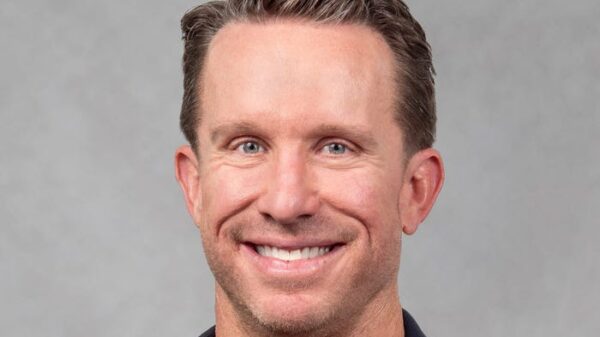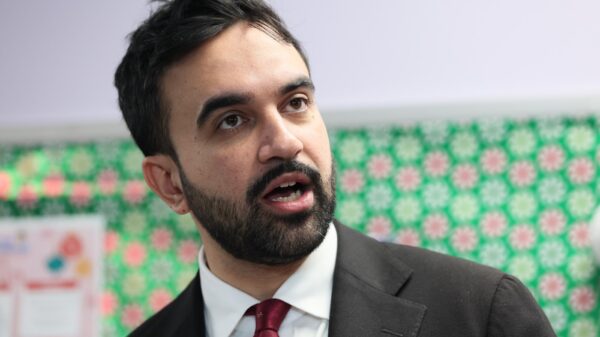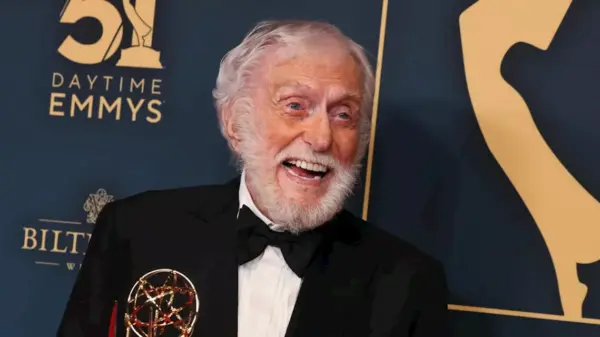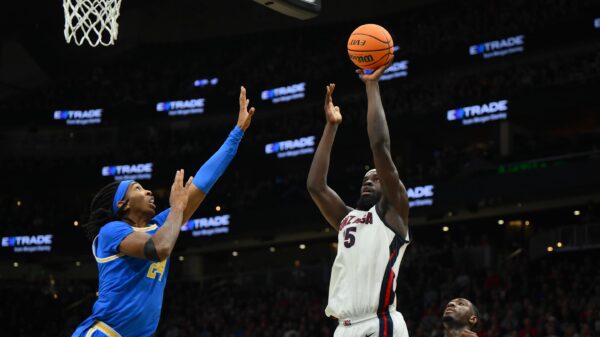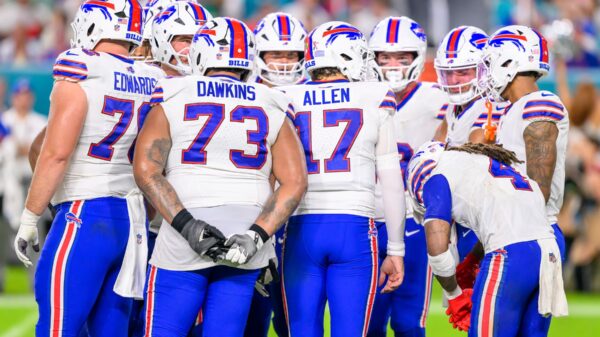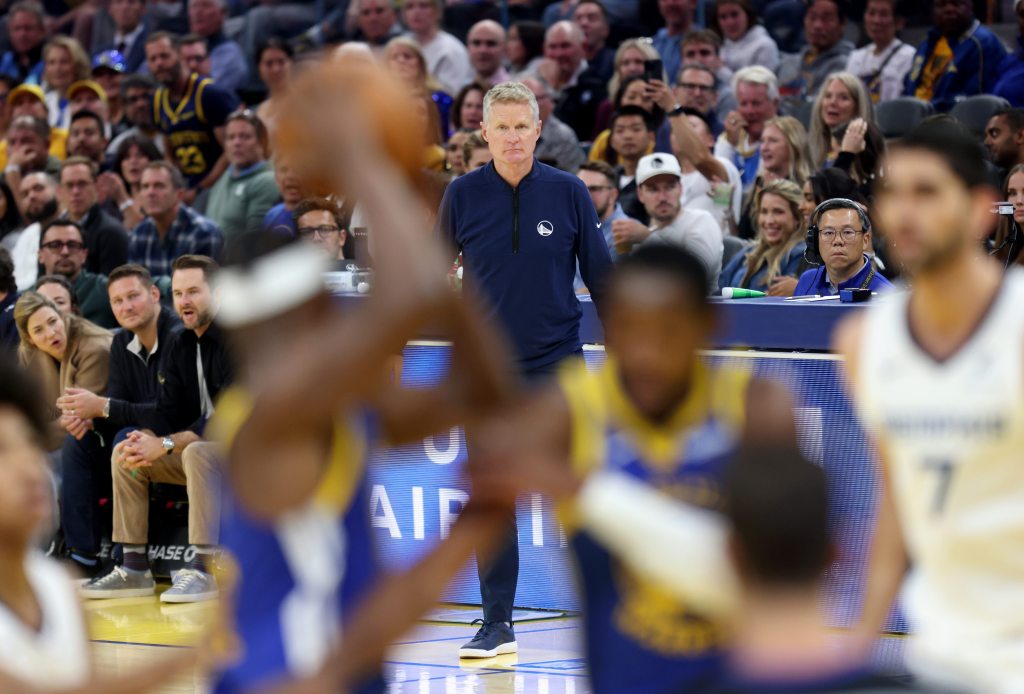In response to Michael Jordan’s recent criticism of load management in professional basketball, Golden State Warriors coach Steve Kerr expressed his views during a press conference. This exchange comes shortly after the Warriors opted to rest a key player to prioritize long-term health, a decision that has drawn scrutiny from the basketball legend.
Jordan, who won three championships with Kerr during the Chicago Bulls’ golden era in the 1990s, voiced his concerns on NBC’s NBA broadcasts. He argued that sitting healthy players undermines the game’s integrity. “It shouldn’t be needed, first and foremost,” Jordan stated. “I never wanted to miss a game, because it was an opportunity to prove.” He highlighted the importance of fans who invest in tickets to see their favorite players perform.
Kerr, who has since added four championship titles as a coach, offered a nuanced perspective. Before the Warriors faced a depleted Milwaukee Bucks team—missing superstar Giannis Antetokounmpo due to a knee injury—Kerr acknowledged the challenges that come with balancing player health and fan expectations.
“The tricky part is obvious,” he explained. “We’ve had a lot of games over the years in Golden State where we’d have a really rough trip and we’d sit Steph Curry, and I’d get an email from a fan who says, ‘I just spent $2,000 on a trip here between tickets and a plane ride and a hotel and Steph didn’t play.’ We genuinely feel terrible. We want our fans to be able to enjoy watching Steph play.”
Kerr further elaborated on the evolving nature of the game, noting that the modern pace and style demand greater physical exertion from players. Unlike the 1990s, when defenders rarely closed in on shooters beyond 18 feet, today’s players must cover distances of up to 30 feet. “The game is much faster, and the players are faster and longer, and the games are every other day, so that has to factor in,” he said.
The Warriors are proactive about managing the minutes and games of their veteran stars, including Curry, Draymond Green, and Jimmy Butler, all aged 35 and older. This season, Al Horford will not participate in back-to-back games, while the others are expected to play between 60 to 70 games. Kerr acknowledged his own experience, saying he played all 82 games for four consecutive seasons, contrasting it with Curry’s history of playing fewer than 70 games in eight seasons.
Kerr underscored the role of the Warriors’ medical staff, which has grown significantly since his playing days. “They’re advising me when guys are more vulnerable to injury, and I believe in this stuff,” he noted. “I believe in the science, and I believe in having players healthy for the playoffs.”
Addressing the broader issue of load management, Kerr stated that a potential solution exists but is unlikely to be embraced by the league. “We all know the only real answer is to shorten the season,” he said, before adding with a hint of sarcasm, “Good luck.”
As the debate over load management continues, both Kerr and Jordan highlight the delicate balance between player health and fan engagement, illustrating the complexities of modern professional basketball.



